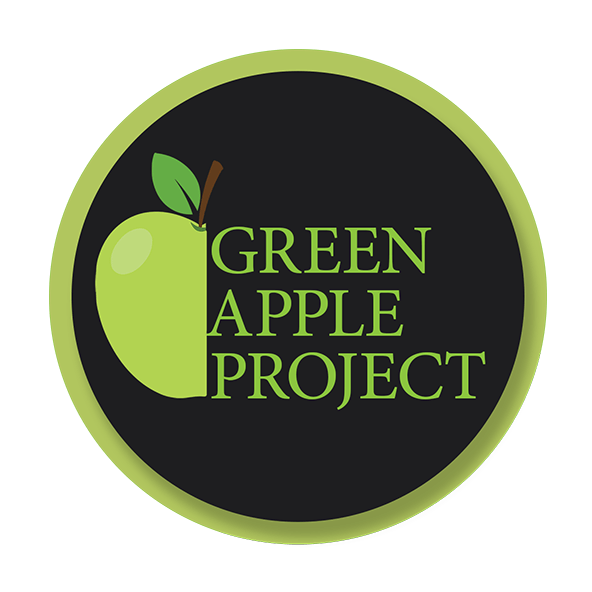Screening & Diagnosis
What are the signs of autism?
The Centers for Disease Control and Prevention have developed the “Learn the Signs. Act Early.” program to assist in the early detection and intervention of Autism Spectrum Disorder. From birth to 5 years of age, your child should reach milestones in how they play, learn, speak, act and move. The “Learn the Signs. Act Early.” program helps track your child’s development, and provides guidance to help you act early if you have a concern. One of the most important things you can do as a parent or caregiver is to learn the early signs of autism and watch what developmental milestones your child should be reaching.
Autism Spectrum Disorder (ASD) has no biological diagnostic test to detect autism. Using formal screening tools such as looking for childhood development milestones and several other diagnostic tests and tools can help. Using free online tools such as the M-CHAT (Modified Checklist for Autism in Toddlers) can help when determining whether seeing a professional is an option. Diagnosing autism at an early stage is important when trying to navigate your child’s education. If your child isn’t reaching a majority of the developmental milestones below, be sure to talk with your doctor.
Screening & Diagnosis
Learn the Signs. Act Early.
To see the CDC’s Developmental Milestones up to 5 years old click here. The CDC also has a milestone checklist and mobile app to help parents track their child’s progression.






